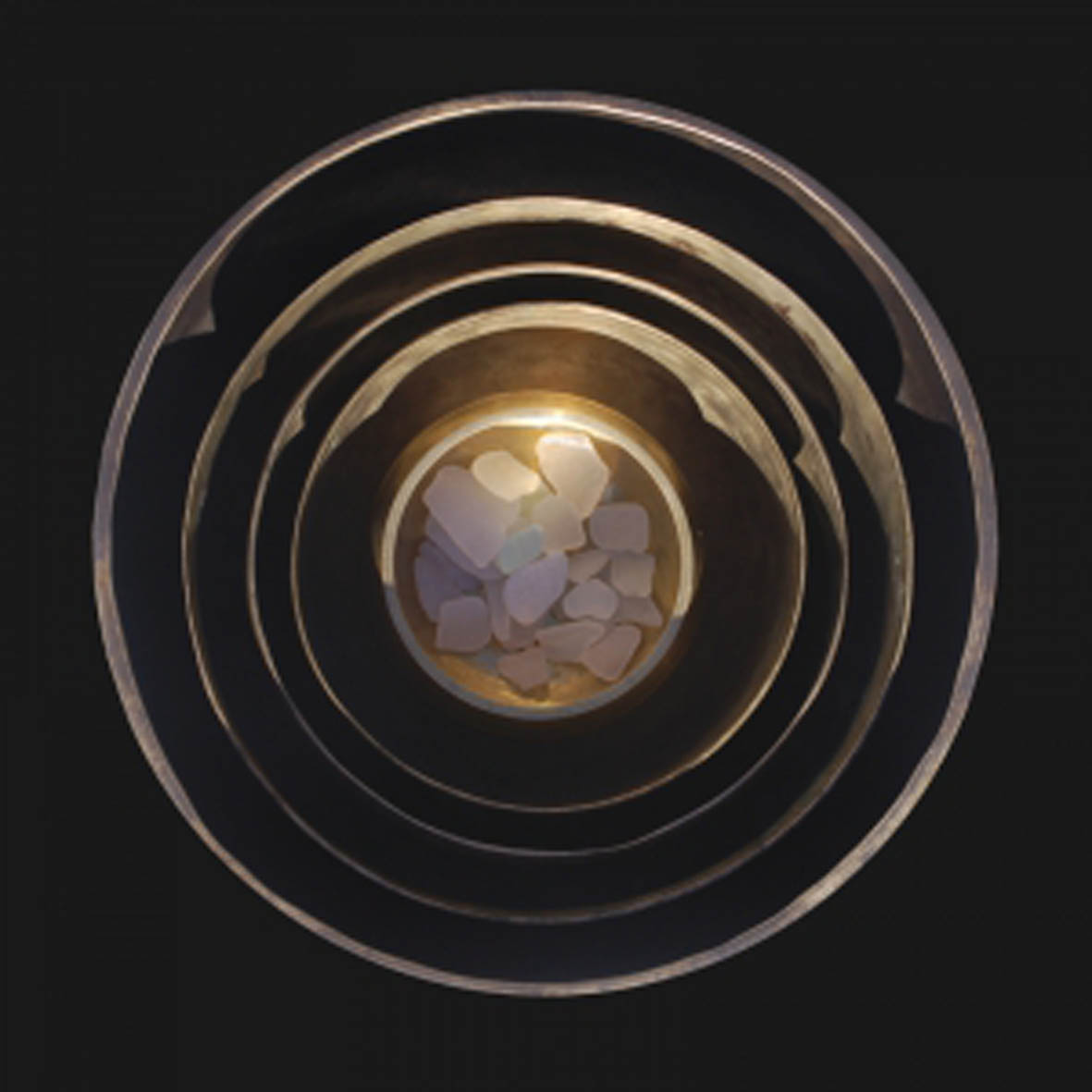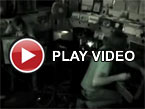Duane Pitre, "Bridges"
 Pitre's latest offering is a fine companion piece to last year's stellar Feel Free, achieving a similar outcome through composition rather than computerized randomization.  Built upon Duane's now-characteristic pointillist plucking, shifting drone swells, and Oliver Barrett's swooping and sliding cello moans, Bridges delivers yet another swaying, languorous reverie that I could happily listen to in an endless loop.  It may not quite scale the heights of its predecessor, but that is more of a commentary on Feel Free's brilliance than it is upon Bridges' shortcomings.  In fact, in many ways, Bridges displays an impressive evolution.
Pitre's latest offering is a fine companion piece to last year's stellar Feel Free, achieving a similar outcome through composition rather than computerized randomization.  Built upon Duane's now-characteristic pointillist plucking, shifting drone swells, and Oliver Barrett's swooping and sliding cello moans, Bridges delivers yet another swaying, languorous reverie that I could happily listen to in an endless loop.  It may not quite scale the heights of its predecessor, but that is more of a commentary on Feel Free's brilliance than it is upon Bridges' shortcomings.  In fact, in many ways, Bridges displays an impressive evolution.
Bridges takes its name from Pitre's original plan for the album, which was to "bridge" traditional Eastern music with Western forms like medieval religious music and Modern Classical.  I am not sure if the project gradually evolved into something different along the way, but the influence of Western music is not especially apparent to me in the finished work, aside from the instrumentation used and Duane's willingness to get a bit dissonant.  That is not a complaint by any means, but the album's most significant traits seem quite indebted to Eastern drone, as Pitre eschews anything resembling a strong beginning or end and focuses much more on the harmonic interactions of sustained notes rather than on crafting any sort of graspable, discrete melody.
Much like its predecessor, Bridges is ostensibly divided into multiple parts, but is essentially just one long-form drone piece.  However, it can also be viewed as two separate (side-long) pieces for those who prefer their drone in 20-minute doses rather than 40-minute ones.  In addition to their structural similarities, Bridges shares a lot of common ground content-wise with Feel Free as well, in that it is essentially Feel Free Redux (sustained strings sliding and swelling above a drifting bed of plucks and drones), albeit with all of the randomness removed (and an emphasis on droning rather than on richly twinkling harmonics).
That creates an interesting predicament, as Feel Free's ingenious computer-generated bed of randomly generated harmonics was the primary reason why it was so wonderful and endlessly listenable.  Pitre gamely tries to replicate that element with his mandolin playing at various points during Bridges (with some success), but it is not nearly as hypnotically unpredictable and layered.  That is a shame, as Barrett's cello parts are wonderfully gnarled, visceral, and emotive–if  the underlying bed was nearly as strong as the string parts in the foreground, Bridges would handily eclipse Feel Free.  As it stands, it is a significantly deeper, darker, and more moving piece, but it lacks the sense of glittering infinity that its sister album possessed.
That said, Pitre has certainly proven himself to be reliably rewarding artist who is restlessly intent on getting even better.  In this particular instance, he seems to have evolved laterally rather than surging forward, but he appears to be closing in on his masterpiece regardless (which lies somewhere between Feel Free's twinkling richness and Bridges' earthier passion, I suspect).  In any case, this is yet another excellent Duane Pitre album.
 



